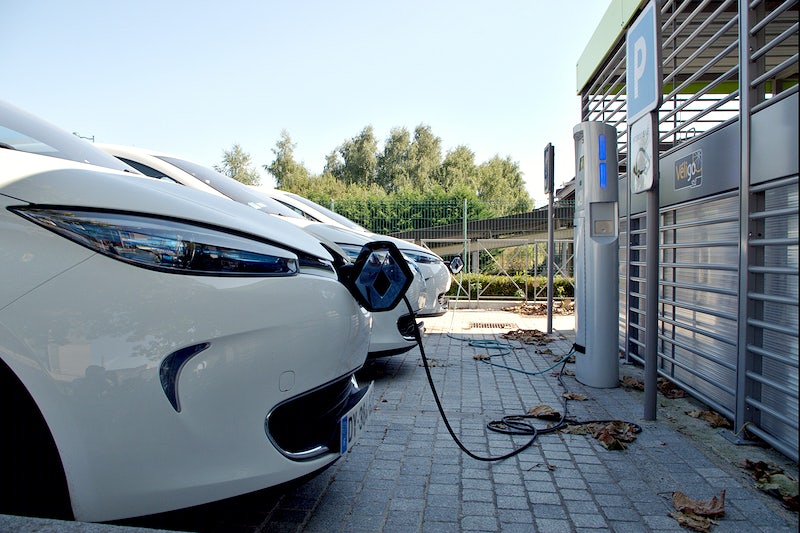Electric vehicles are very much a thing in 2024. Almost every car brand is trying their hand with electric vehicles, and ev only brands like Tesla and Rivian have jumped massively in popularity. It feels like you can’t drive anywhere without seeing these cars, especially in Eastvale, and now California plans to go all electric by 2035. However, research has shown that they might not be as environmentally friendly as they’re made out to be by big business and politicians.
A main problem with these cars is the batteries that power them. Cobalt is a major component in the batteries, and around three-quarters of the world’s cobalt is mined in the Congo. In an article by NPR.org, the work done to mine this cobalt is compared to “modern-day slavery” due to the danger of the mining as well as having to deal with the cobalt, which is toxic to touch and breathe. Young women work tirelessly daily, some with babies strapped to their backs, to mine this cobalt, and even children work, often for very little pay. Ev batteries require six times more mineral input than normal cars and are often toxic and flammable. The batteries also cause problems after they are discarded. Evidence shows that they can take many, many years to break down, and while they degrade, they emit toxic chemicals that infect the land and water around them.
“I think that it’s a serious problem that ev cars create since those harmful chemicals that are exposed to the environment can lead to other problems and can deteriorate our earth.” said Eleanor Roosevelt cross country and track athlete Daniel Brown.
These cars are often more inconvenient and less practical than gas-powered cars. For example, depending on the charger it can take hours to fully charge a Tesla. Although charging stations are becoming a more prominent feature in more and more parking lots in the US, one can still have trouble finding an available one or one that is near enough if you happen to find yourself in the middle of nowhere. Having to wait even 30 minutes for a charge can be extremely inconvenient, and this makes it more difficult to drive longer distances due to having to stop and charge up.
I don’t mean to completely bash EVs, as they do in fact reduce emissions on the road. As a guy who loves nature, the mountains, and animals, this sounds perfect, but these facts show that going all electric is not the answer the world needs for its emissions problem. We must continue to work towards a solid non-gas alternative that truly helps the environment in all ways.
“I think electric cars signify better moves towards lower carbon emissions, but the damage it does right now is just not worth it” said Eleanor Roosevelt student Benjamin Rodriguez.
If you own an EV, please take no offense, but just remember that going completely all-electric in the next few years might not be as helpful or convenient as many believe it to be.













